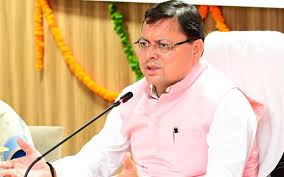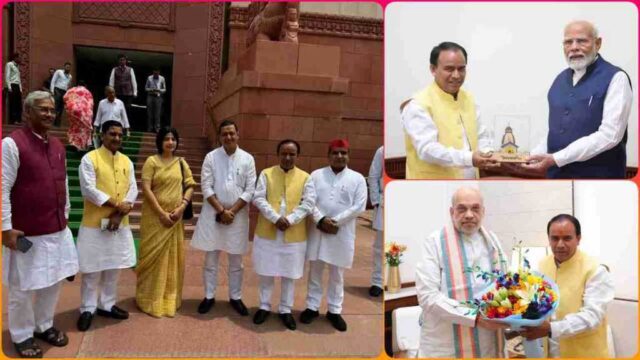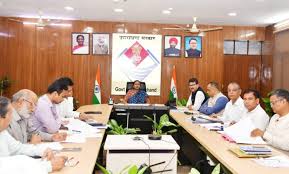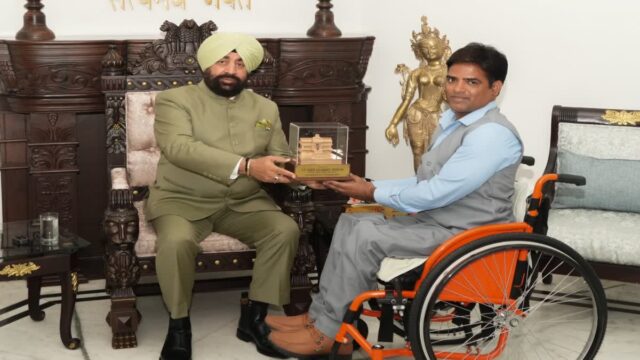Concurrence
At a time when the second deadly wave of Corona epidemic has not stopped the havoc in the country, the agitation in the peasant movement is going to raise concerns once again. It is not possible that on the completion of six months of the farmers’ agitation on May 26, the activities of celebrating Black Day and dharna-demonstration would have been done under the COVID protocol. It is meaningless to speak of restraint in an atmosphere of charge. Reports of farmers from Haryana, Punjab and Uttar Pradesh gathering at Delhi’s threshold are worrisome. Even though the corona havoc has reduced in cities, there are increasing reports of infection worries from rural areas, especially Punjab. In such crisis period, there is a possibility of increasing the pace of transition from such events. Let us not forget that the situation has only worsened in the last months due to the rallies and religious events organized during the state elections. But the fact is that the farmer is free from the responsibility of the Rabi crop and there is still time for sowing of Kharif. Farmer leaders are seeing this time as an opportunity to breathe life into the cold movement. It is obvious that the attention of the government engaged in battling the Corona crisis will be diverted due to the agitation. The political implications of the way in which the twelve political parties have announced their support for the peasant movement in a hurry. Events such as the eleven rounds of talks, the formation of a committee by the Supreme Court and the farmers’ organizations not taking it seriously have been part of the farmers’ movement. Now an attempt should be made to bring the dialogue to freshen up. Negotiations that ended in January now need to move forward.
In fact, the government had said to postpone the three disputed agricultural laws for the next eighteen months, but the farmers remained adamant that all three laws should be abolished. They have been demanding legalization of the minimum support price and full implementation of the recommendations of the Swaminathan Committee. However, the central government should understand the urgency of the times and play the role of a guardian. At a time when the economy of the country is not good and farmers feel that these reforms will not increase their income, then the government should be treated generously. At the same time, farmers should also give priority to such an agreement, so that the message does not go that the government is defeated. That is, the decisions should be in the interest of the country other than the victory or defeat of any party. Governments also have a moral obligation in a democratic system to give precedence to the voices of opposition. The government should also abandon the stubbornness and look at the challenges of the practical plane. This movement is more effective in Punjab and Haryana, but these demands should be seen from a national perspective. If both sides adopt a flexible attitude in a good environment, then there will surely be a respectable path. This movement has re-emerged at a time when the opposition is attacking by telling the failure of the system to deal with the Corona crisis. Apparently the opposition parties will try to shine politics with the help of the peasant movement. But lest our movement against Corona be weakened by agitation at this critical time. That too when health experts are anticipating the third wave. It is also a reality that farmers have the right to make peaceful movements in a democratic way. The government should also start the process of closed dialogue and move towards creating a conducive environment. There is a need to show seriousness and responsibility from both the sides.







